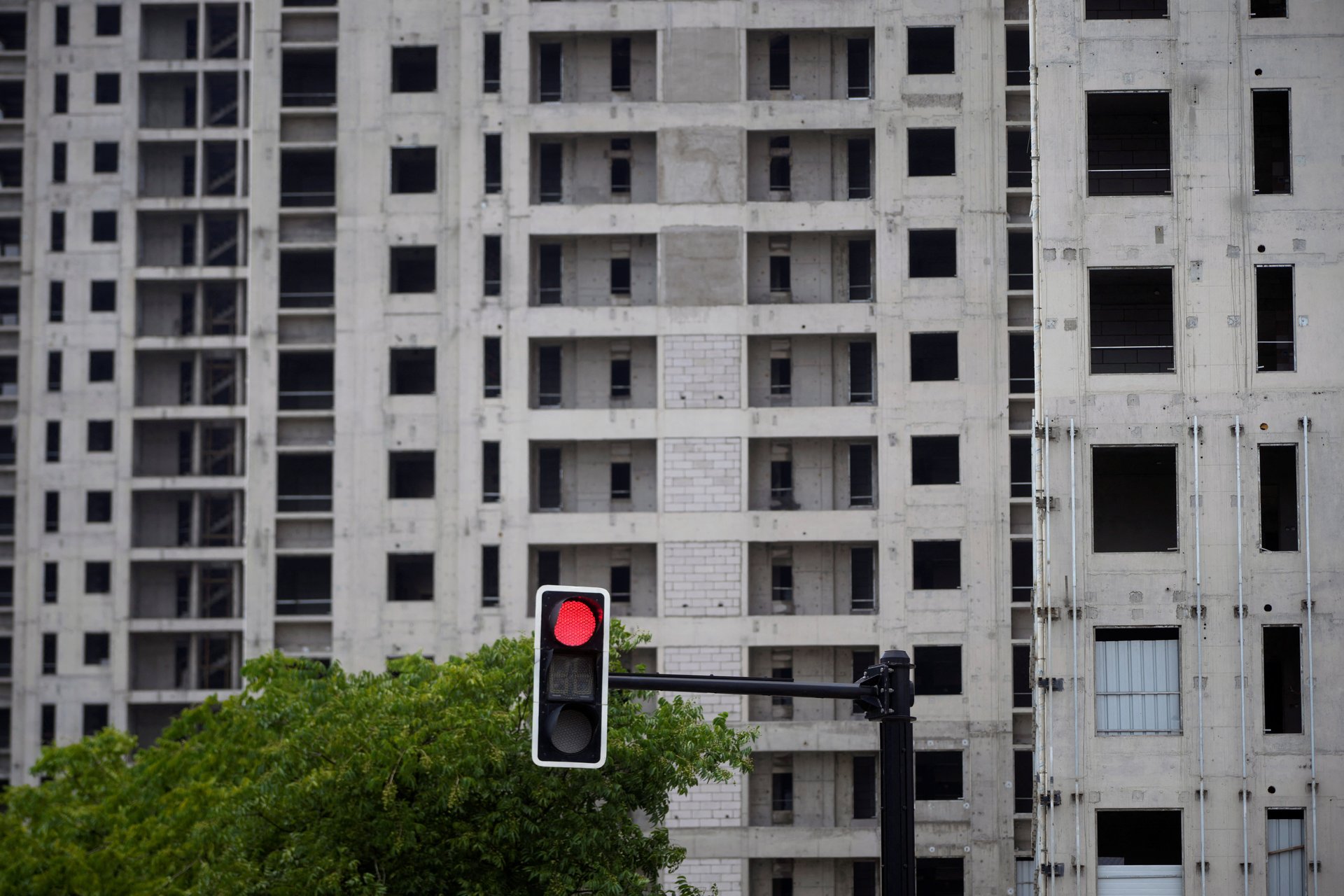A Chinese official wants party cadres to go on real estate shopping sprees
"If you’ve bought one, buy two. If you’ve bought two, buy three. If you’ve bought three, buy four.”

Across China, government officials are desperate to revive the country’s faltering real estate sector, which for years has contributed a sizeable share of national GDP growth.
As of earlier this month, around 240 provincial and city governments have rolled out hundreds of policies aimed at spurring the property market, according to data (link in Chinese) from the China Real Estate Index System. These include measures like lowering down-payment ratios, issuing subsidies for home purchases, and allowing homebuyers to borrow more from the housing provident fund, a state-run savings plan.
But at least one official appears to be pushing for a less conventional approach: urging party comrades to splurge on apartments.
“I hope that...our comrades and leaders will take the lead in purchasing houses,” Deng Bibo, the party secretary of Shimen county in China’s Hunan province, said in a speech at a local real estate fair, according to a video posted by the county’s official social media account.
“If you’ve bought one, buy two. If you’ve bought two, buy three. If you’ve bought three, buy four,” he said during the speech yesterday (Aug. 16).
Commenters online quickly questioned the official’s comments, according to China Digital Times (link in Chinese). For one, where would party officials get the money to buy multiple apartments?
“Immediate red code for those who don’t make purchases,” quipped one commenter on Weibo, in a nod to worries over authorities’ potential abuse of a government track-and-trace app to punish dissenters.
Encouraging officials to buy more properties than they need also sounds a lot like speculation—something that the Chinese president Xi Jinping has criticized in recent years.
“Houses are for living in, not for speculation,” he declared in 2017. Since then, that slogan has become government policy and a key part of Xi’s “common prosperity” program, aimed at dismantling monopolies and reducing income inequality.
Banking on state support
In any case, it would be unrealistic to expect a handful of party cadre—even if they had the money—to prop up China’s vast real estate market by buying a few extra homes here and there. The indebted and over-leveraged property sector’s problems run far deeper than that.
More likely, the Chinese government will have to step in to support the struggling property sector and repair market sentiment.
For example, Reuters and Bloomberg reported yesterday (Aug. 16) that state authorities will guarantee new onshore bond offerings of a select few private property developers deemed financially sound. That news fueled a brief rally in property stocks.
More fundamentally, though, China will have to reconfigure its entire real estate industry—no easy task.
For too long, “the real estate market has kidnapped China’s economy,” Xia Bin, the honorary director-general of the Chinese State Council’s think tank, said in a speech this month (link in Chinese).
Beijing must not “waste the opportunity” of the current property crisis to transform the housing market from being investment-driven, fueled by speculative growth and sky-high prices, to one that meets the housing needs of people, he said.
